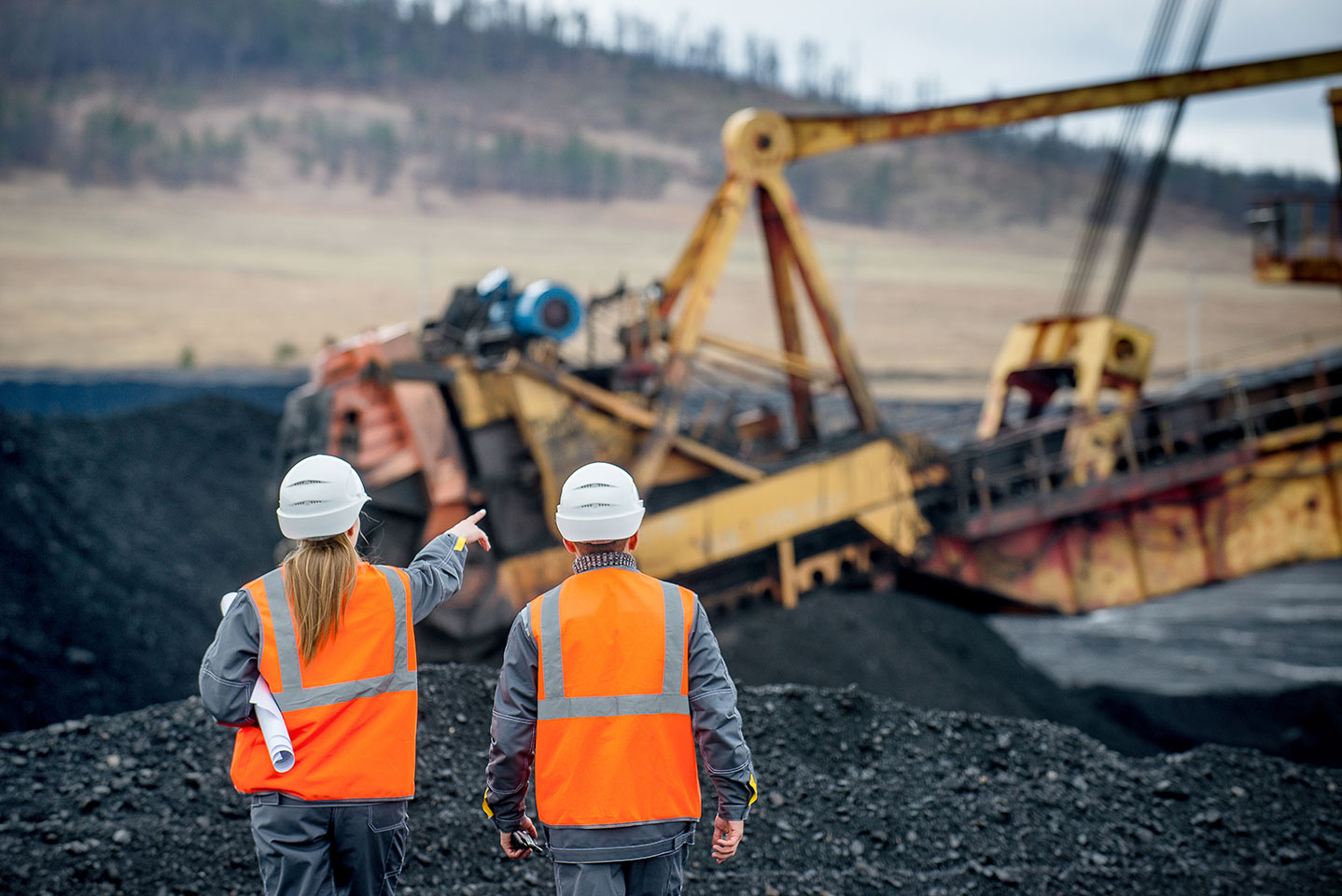IEEFA's Recommendations for National Greenhouse and Energy Reporting Scheme
Key Ideas
- IEEFA supports market-based reporting for biomethane and hydrogen emissions with robust verification processes.
- The institute endorses revised emission factors for oil and natural gas operations and adoption of Method 2B for gas flaring.
- IEEFA recommends improvements in reporting biosolids to biochar production and a review of gas estimation modeling in coal mines.
- The call for phasing out Method 2 in coal mining in favor of Method 3 with enhanced sampling and verification methods is highlighted.
The Institute for Energy Economics and Financial Analysis (IEEFA) has submitted its recommendations to the 2025 Public Consultation on the National Greenhouse and Energy Reporting (NGER) scheme. IEEFA, an energy finance think tank, supports the proposed amendments, especially focusing on the coal mining sector's Method 2 review. The institute encourages the adoption of market-based reporting for biomethane and hydrogen emissions, provided there is a stringent measurement, reporting, and verification (MRV) process in place. Additionally, IEEFA backs the updated emission factors for oil and natural gas operations, emphasizing the importance of Method 2B for gas flaring during production.
The submission also highlights the need for improvements in waste management, including accounting for biosolids diverted to biochar production and updating emission factors for effluent discharged to estuaries. Moreover, IEEFA recommends an urgent review of Method 2 in open-cut coal mines, advocating for its replacement with Method 3, which features enhanced sampling and independent verification requirements. The institute also stresses the necessity of a more rigorous approach to gas estimation modeling in coal mines, proposing the utilization of top-down methods for methane emission verification through aerial or satellite monitoring.
IEEFA's positive sentiment towards the NGER scheme amendments aligns with its mission to expedite the transition to a sustainable and profitable energy economy. The institute's recommendations aim to enhance the accuracy and effectiveness of emissions reporting and waste management practices within the energy sector.
